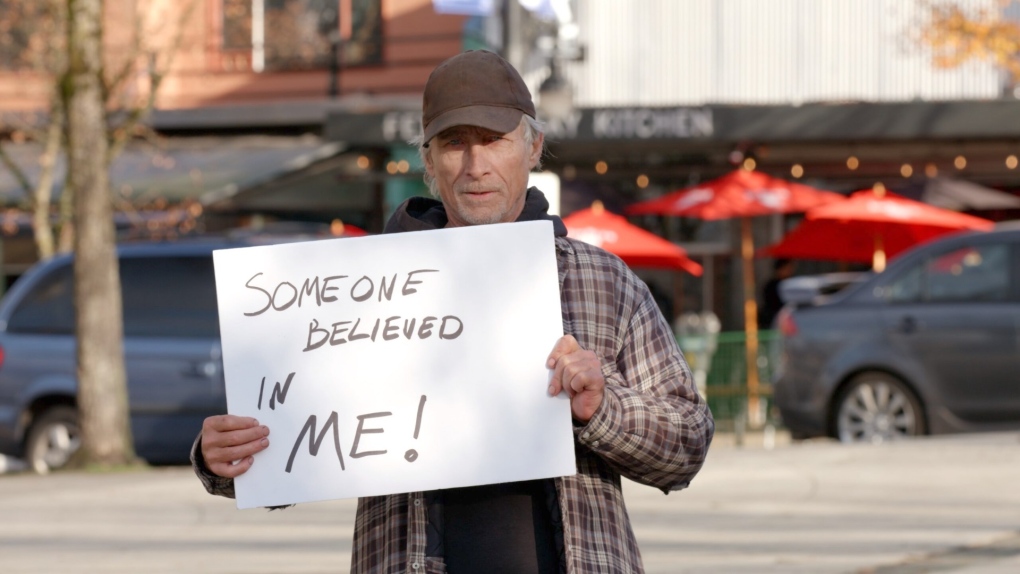Zhao says having data on how people who did get the money actually spent it is something she thinks will help counteract stereotypes, increase empathy and potentially get skeptics and the public on board with the idea of providing cash transfers.
Now that the study is complete, the plan is to replicate it and expand it to other cities in Canada and the U.S.



I am surprised it led to only 99 days fewer in homelessness compared to the control group that didn’t receive money. But I suppose it just shows how fucked the current housing market is.
$2,000 for 200 square feet: TikTok of Vancouver rental raises hackles
You can see how that money can disappear after a few months, not because the person made bad choices but because of how predatory corporate landlords are. These are tiny apartments, in what was previously the affordable area of town, (which is still a sketchy area but now also unaffordable).
Yeah but if you have no job and no home, it is kinda the perfect time to move to a more affordable state/city.
That is true… and also until recently I didn’t know how crazy expensive even just moving yourself is, either.
A bus from Vancouver to Lethbridge (where it’s $1000/mo rent in places more spacious) is $250. Probably could barely get half of that in a month of begging… There is hitchhiking and walking, and for one homeless guy I met he told me it took over a month to go that distance.
Most homeless people have employment lapses that make it hard to find work, even with an address and fresh clothing. Aswell as possibly still having debts that led them to lose housing in the first place.
In other words, $7,500 is a great start, but as you said, $7,500 doesn’t go far with recent cost of living inflation. And as I mentioned, getting back on your feet isn’t easy because employers aren’t quick to hire the recently homeless.